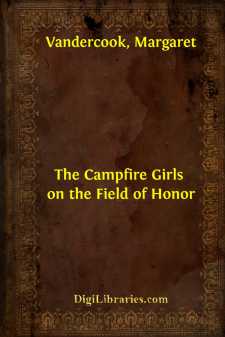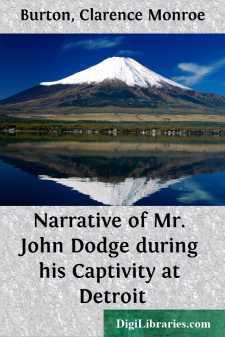Fiction
- Action & Adventure 180
- Biographical 15
- Christian 59
- Classics
- Coming of Age 5
- Contemporary Women 3
- Erotica 8
- Espionage/Intrigue 12
- Fairy Tales, Folklore & Mythology 236
- Family Life 169
- Fantasy 117
- Gay 1
- General 596
- Ghost 32
- Historical 808
- Horror 43
- Humorous 160
- Jewish 25
- Legal 4
- Medical 22
- Mystery & Detective 315
- Political 49
- Psychological 41
- Religious 64
- Romance 159
- Sagas 11
- Science Fiction 730
- Sea Stories 113
- Short Stories (single author) 537
- Sports 10
- Suspense 1
- Technological 8
- Thrillers 2
- Urban Life 31
- Visionary & Metaphysical 1
- War & Military 173
- Westerns 199
Classics Books
Sort by:
by:
Theodor Fontane
The fact that newspaper reporters commonly call their articles "stories" points to a certain analogy between the novel and the newspaper. Even when prose fiction aims to be a fine art, it readily takes on a journalistic character; it is usually designed for immediate effect--at the concomitant risk of producing no other--and it easily passes from hand to hand or from country to country. In our...
more...
SALLY ANN'S EXPERIENCE ome right in and set down. I was jest wishin' I had somebody to talk to. Take that chair right by the door so's you can get the breeze." And Aunt Jane beamed at me over her silver-rimmed spectacles and hitched her own chair a little to one side, in order to give me the full benefit of the wind that was blowing softly through the white-curtained window, and...
more...
CHAPTER IAN OLD HOUSE There are certain old houses in New York City built of rose-colored brick and white stone which face Washington Square. On this morning in early winter a light snow covered the ground and clung to the bare branches of the shrubs and trees. In a drawing-room of one of the old houses a young girl was moving quietly about at work. She was alone and the room was almost entirely...
more...
ALL YOU COULD WISH FOR Ease of operation and convenience in carrying, lens and shutter equipment, quality of results and price—these, together with unquestioned reliability, are the factors which logically should determine the selection of a camera in every case. Anyone who contemplates the purchase of a camera, and who will make his selection upon this basis will find in the Premo line all that he...
more...
o give some Satisfaction to the just Expectations of very many Persons, as well of this Realm as of foreign Countries, who fearing the dismal Effects of the Contagion, have done us the Honour to request of us some Account of the Nature of the Distemper that has depopulated Marseilles, and of the Success of such Remedies as we have employed against it; we have thought fit to draw up the following...
more...
CHAPTER I. A PARISIENNE'S "AT HOME" Despite a short frock, checked stockings, wide turned-over collar, and a loose sash around the waist of her blouse in other words, despite the childish fashion of a dress which seemed to denote that she was not more than thirteen or fourteen years of age, she seemed much older. An observer would have put her down as the oldest of the young girls who on...
more...
CHAPTER I. . . . THIS ancient city, How wanton sits she amidst Nature's smiles! . . . Various nations meet, As in the sea, yet not confined in space, But streaming freely through the spacious streets.—YOUNG. . . . His teeth he still did grind, And grimly gnash, threatening revenge in vain.—SPENSER. "PARIS is a delightful place,—that is allowed by all. It is...
more...
he narrative of John Dodge is one of the records of frontier life during the period of the American Revolution that displays the intense feeling of hatred and unfairness evinced by the British soldiers to the American rebels. It was written and published during the time of the greatest excitement in the West—the scene of the Narrative—and is historically valuable because of being contemporary with...
more...
by:
May Sinclair
INTRODUCTION This is a "Journal of Impressions," and it is nothing more. It will not satisfy people who want accurate and substantial information about Belgium, or about the War, or about Field Ambulances and Hospital Work, and do not want to see any of these things "across a temperament." For the Solid Facts and the Great Events they must go to such books as Mr. E. A. Powell's...
more...
CHAPTER I Rosalie's earliest apprehension of the world was of a mysterious and extraordinary world that revolved entirely about her father and that entirely and completely belonged to her father. Under her father, all males had proprietory rights in the world and dominion over it; no females owned any part of the world or could do anything with it. All the males in this world—her father, and...
more...











